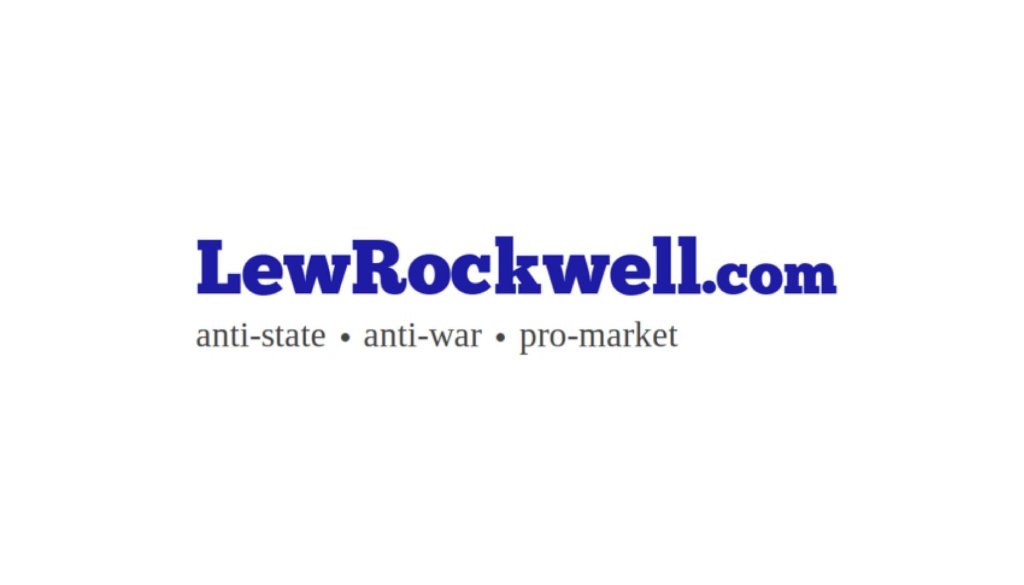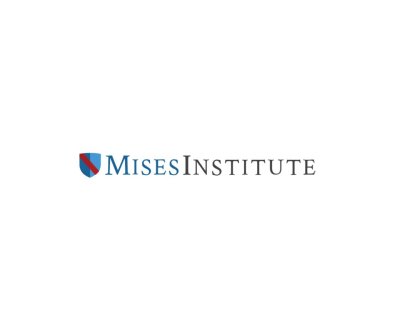Ghosts in the Republic: Truth, Shadows, and the Death of Integrity
Imagine, for a moment, that the ghosts of Shakespeare’s plays—Banquo, Hamlet’s father, Julius Caesar—were to step across the boundary of fiction into the halls of Congress or the modern news cycle. These spectral figures were never meant to take action themselves; they hovered, hinted, warned—but they never engaged the living world directly. Ghosts, by their nature, are unseen, unaccountable, and unanchored. And yet, today, our public square is increasingly crowded with just such figures—not from beyond the grave but from behind screens. Many would rather haunt than inhabit, lob than live, snipe than stand. They posture, provoke, and vanish. We’ve become a nation increasingly governed by those who wish to wield consequence without presence, accusation without ownership, opinion without flesh. And it’s killing our Republic.
We call it “ghosting” now—not just the quiet exit from a text conversation but the deeper cultural reflex of hiding. Of vanishing from dialogue. Of dissociating when the moment requires standing tall. It’s especially ironic in a time when so many men posture online about masculinity, invoking the likes of Andrew Tate as the ultimate alpha. And yet, unlike Tate—agree or disagree—who at least shows up and owns what he says, many of his loudest disciples won’t. They stay hidden, masked, lobbing rhetorical grenades from the safety of anonymity—never stepping into the light of real human discourse.
You’d be forgiven if it happened just once. But when it happens again and again—and I mean innumerable times—you start to notice a pattern. You’re scrolling through the digital town square () and someone lobs a loaded comment. Not a thoughtful question. Not an earnest observation. A gre
Article from LewRockwell

LewRockwell.com is a libertarian website that publishes articles, essays, and blog posts advocating for minimal government, free markets, and individual liberty. The site was founded by Lew Rockwell, an American libertarian political commentator, activist, and former congressional staffer. The website often features content that is critical of mainstream politics, state intervention, and foreign policy, among other topics. It is a platform frequently used to disseminate Austrian economics, a school of economic thought that is popular among some libertarians.



